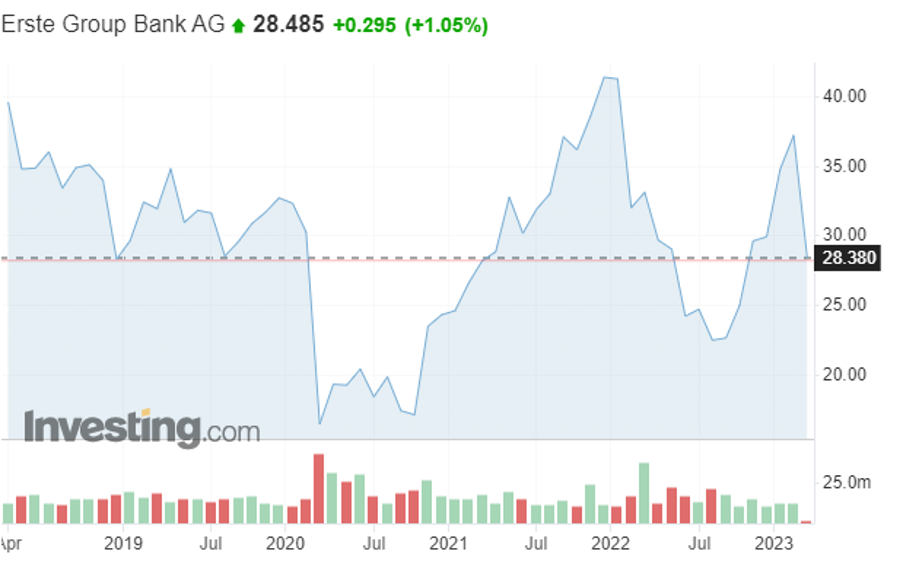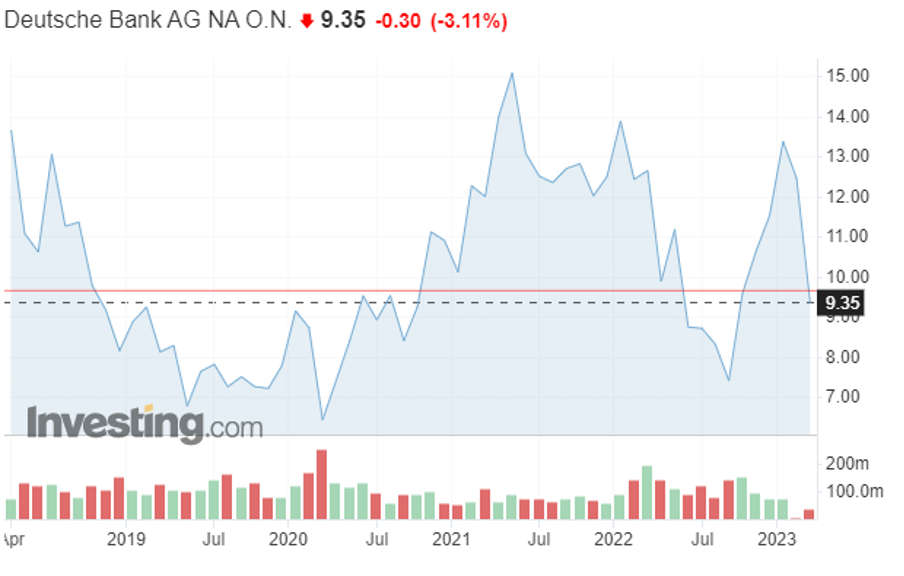What is happening in the banking sector?
Silicon Vale Bank (SVB) suddenly found itself forced to sell its bond holdings to cover the cash withdrawals that customers began making after news that the bank was in trouble. In today's world, where information spreads in seconds, this is a serious problem for a financial institution, where panic can lead to sudden withdrawals of clients' funds, eventually leading to the bank's collapse in a worst-case scenario, as in the case of SVB. This situation can very easily occur with other banks as well, which is why many investors are concerned about contagion spreading in the industry. In fact, a few days later, there were also problems in Europe, specifically in the case of Credit Suisse. However, experts are of the opinion that we do not need to fear a situation similar to that which occurred in 2008 with the collapse of the Lehman Brothers bank.
Social networks: Problem or advantage?
Today, many market fluctuations have one significant thing in common. Have you noticed how social networks are influencing market events? All it takes is one post on Twitter, for example from Elon Musk, and positive sentiment or panic spreads throughout the industry within minutes. We have seen this effect with cryptocurrencies, and we are experiencing it daily in the stock market. Regardless of whether the information is true, investors often succumb to positive sentiment or panic and start to move their investments.
The digitalisation of the banking sector
Compared to 2008, when the financial crisis in the US began, investing and overall most business has moved to the online space and digital banking was created. The banking industry today is based on the online world and the money deposited can be managed, moved, withdrawn and paid in seconds. In the end, we see that virtual space also brings pitfalls.
Implications and developments
These days, we can observe the consequences of the problems mentioned so far. One of them is the falling share price of European banks. For example, Erste Group and Deutsche Bank have seen the largest decline during the month, in both cases by over 20 percent.*

Share performance of Erste Group Bank AG over the last 5 years. (Source: Investing)

Chart: Deutsche Bank AG NA O.N. share performance over the last 5 years. (Source: Investing)
What everyone is interested in, however, is what may happen over the next few months. At best, these events could be the exception and the problems could come under control as confidence returns to the markets. However, a worsening of financial conditions is more likely, as banks will start to avoid risk more. Small bank loans would thus become less available, which would harm economic activity. The worst-case scenario could be the arrival of a large-scale banking crisis. During such a crisis, economic activity would begin to decline, leading to a prolonged recession, but hopefully this possibility will remain only theoretical.[1]
Olivia Lacenova, analyst at Wonderinterest Trading Ltd.
* Past performance is no guarantee of future results.
[1] Forward-looking statements are based on assumptions and current expectations, which may be inaccurate, or on the current economic environment, which may change. Such statements are not guarantees of future performance. They involve risks and other uncertainties that are difficult to predict. Results may differ materially from those expressed or implied by any forward-looking statements